A Conversation with Bruce Duffie


Ivo Pogorelich [Pogorelić] was born
October 20, 1958, in Belgrade, Yugoslavia (now Serbia), to a Croatian father
and a Serbian mother. Following the breakup of Yugoslavia, Pogorelich became
a Croatian citizen.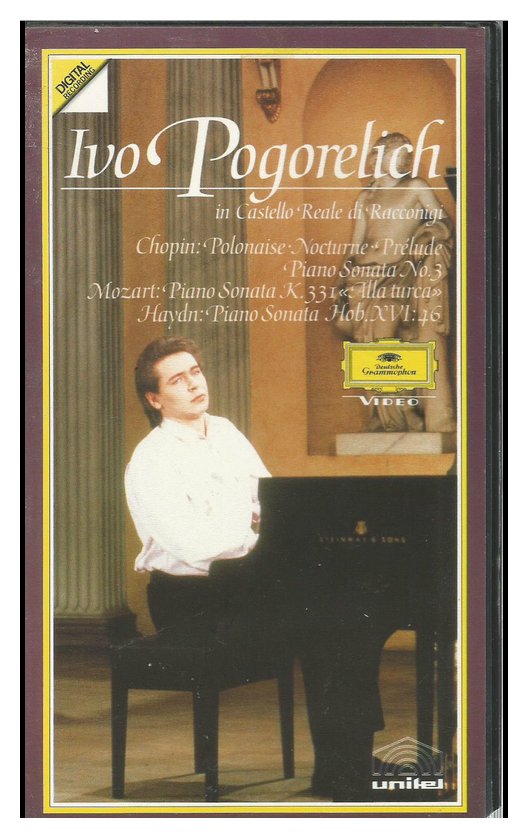 He received his first piano lessons in Belgrade when he was seven. Five years
later, he was invited to Moscow to continue his studies at the Central Music
School with Evgeny Timakin. Later he graduated from the Moscow Conservatory.
In 1976 he began studying intensively with the pianist and teacher Aliza
Kezeradze, who passed on to him the tradition of the Liszt-Siloti school.
They were married from 1980 until her death in 1996. He won the Casagrande
Competition in Terni, Italy in 1978 and the Montreal International Music
Competition in 1980. However he became famous for the prize he didn't win.
In 1980 he entered the International Chopin Piano Competition in Warsaw and
was eliminated in the third round. The Argentine pianist Martha Argerich proclaimed
him a genius and left the jury in protest.
He received his first piano lessons in Belgrade when he was seven. Five years
later, he was invited to Moscow to continue his studies at the Central Music
School with Evgeny Timakin. Later he graduated from the Moscow Conservatory.
In 1976 he began studying intensively with the pianist and teacher Aliza
Kezeradze, who passed on to him the tradition of the Liszt-Siloti school.
They were married from 1980 until her death in 1996. He won the Casagrande
Competition in Terni, Italy in 1978 and the Montreal International Music
Competition in 1980. However he became famous for the prize he didn't win.
In 1980 he entered the International Chopin Piano Competition in Warsaw and
was eliminated in the third round. The Argentine pianist Martha Argerich proclaimed
him a genius and left the jury in protest.Pogorelich gave his debut recital in New York's Carnegie Hall in 1981. He debuted in London the same year, and since then he has created a sensation with his performances in all the great concert halls throughout the world, in the USA, Canada, Europe, Japan, South America and Israel. He has played many solo recitals worldwide and has played with some of the world's leading orchestras including the Boston Symphony Orchestra, London Symphony Orchestra, Chicago Symphony Orchestra, New York Philharmonic Orchestra, Wiener Philharmoniker, Berliner Philharmoniker, Orchestre de Paris and many others. Wherever and whenever he plays, his stunning interpretations of the music confirm the originality of his talent and intellect. The New York Times once wrote, "He played each note exactly, with such feeling, such expression. He was an entire orchestra" Pogorelich gives much back to the community by supporting many young musicians. In 1986 he established a foundation in Croatia to further the careers of young performers from his homeland. Since 1989, the annual Ivo Pogorelich Festival in Bad Wörishofen has taken place. The aim of the festival is to support promising young musicians at the beginning of their careers by giving them the opportunity of performing together with renowned artists. In December 1993, he founded the "International Solo Piano Competition" in conjunction with the Ambassador Foundation in Pasadena, California. Its mission is to help young musicians develop their career with the first prize of $100,000. In 1994, the pianist set up a foundation in Sarajevo to raise money to build a hospital and to provide medical support for the people of Sarajevo. Numerous concerts are being planned over the next several years under the auspices of UNESCO. Pogorelich also gives many charity concerts in support of the Red Cross, the rebuilding of Sarajevo, or the fight against illnesses such as cancer and multiple sclerosis. In 1988, he was named an "Ambassador of Goodwill" by UNESCO. Ivo Pogorelich became an exclusive Deutsche Grammophon artist in 1982, and has made over 15 recordings with DGG, such as W.A. Mozart's Piano Sonatas, J.S. Bach's Suites, Franz Liszt and Scriabin Piano Sonatas and the Tchaikovsky Piano Concerto No.1. Other releases include Chopin's Piano Sonata No.2, Ravel's Gaspard de la Nuit and the Prokofiev's Piano Sonata No.6. |

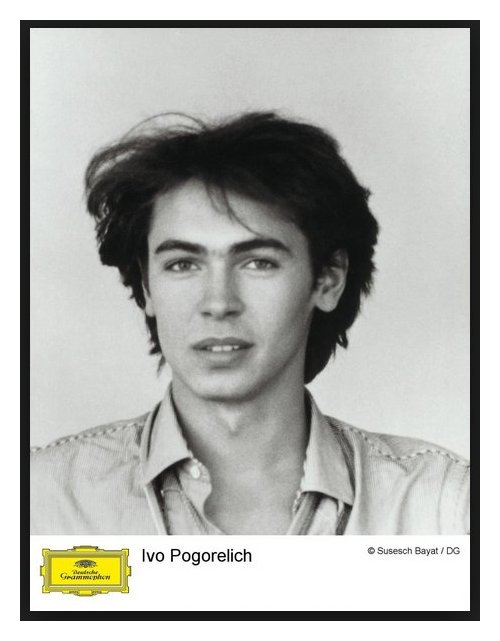 IP: My work is to listen, and if I do it well then
the public can listen well, too, to the music that I play. In order
to listen well to what one produces with one’s fingers, one has to be very
cautious and very persistent. A lot of energy and time goes into it.
IP: My work is to listen, and if I do it well then
the public can listen well, too, to the music that I play. In order
to listen well to what one produces with one’s fingers, one has to be very
cautious and very persistent. A lot of energy and time goes into it.
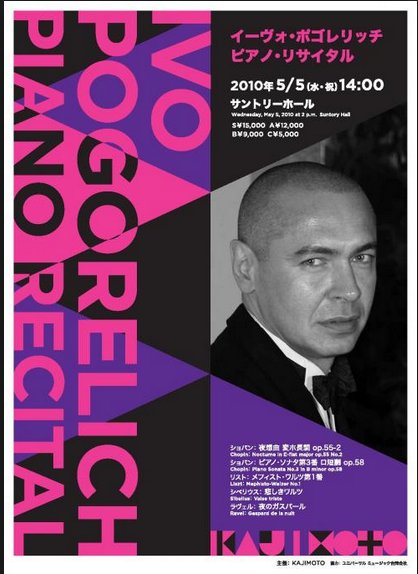 BD: Are there enough positive trends to outweigh
the negatives?
BD: Are there enough positive trends to outweigh
the negatives?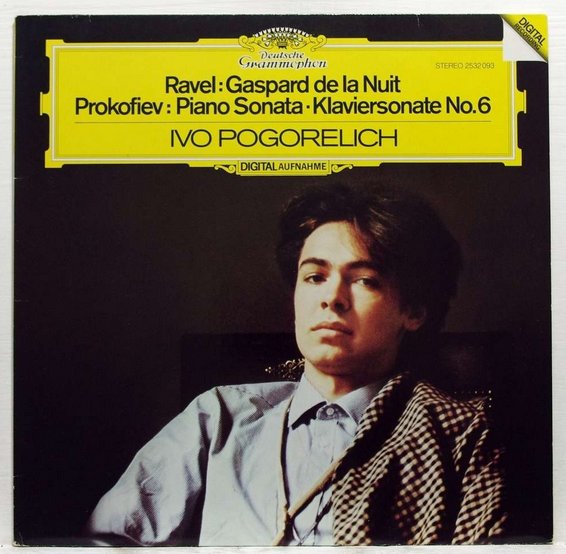 BD:
[Being only half-serious] Perhaps you should transport a tuner or technician
with you. [See my Interview with Franz Mohr,
Chief Concert Technician for Steinway & Sons, 1968-92.]
BD:
[Being only half-serious] Perhaps you should transport a tuner or technician
with you. [See my Interview with Franz Mohr,
Chief Concert Technician for Steinway & Sons, 1968-92.]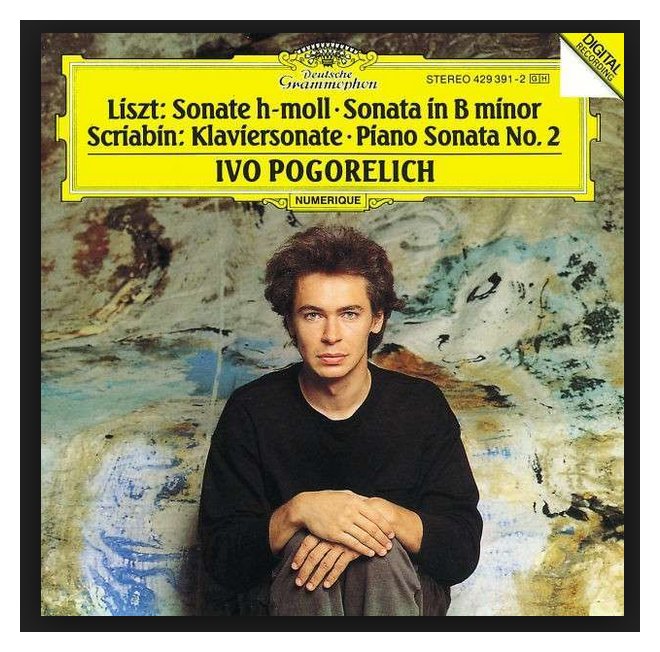 IP:
A pair of ears of the sound engineer is the public in that case. It
is a substitute, so you never are really alone. You do play for someone
behind the glass, behind the microphones.
IP:
A pair of ears of the sound engineer is the public in that case. It
is a substitute, so you never are really alone. You do play for someone
behind the glass, behind the microphones.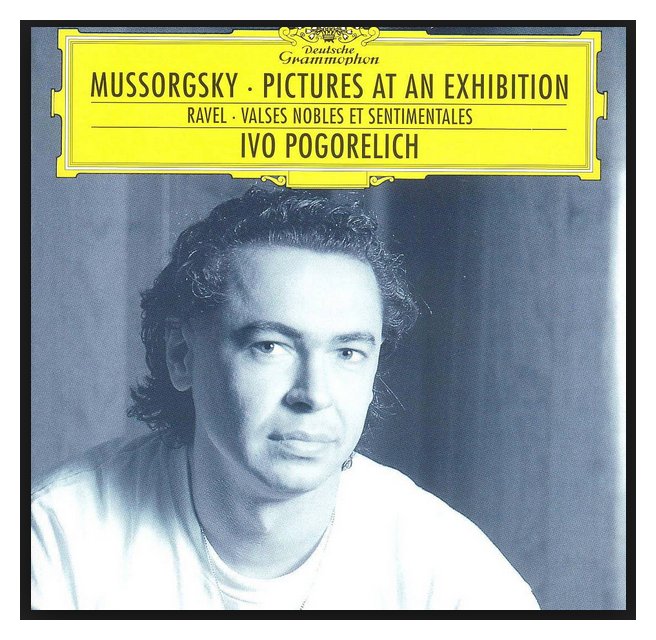 IP: It’s a very interesting and intelligent question
which I have never been asked before, and I have just had experiences which
are quite to the point. One does sometimes want to have a new score.
I had an experience of turning one particular score into a jungle.
There was finally less bare space left!
IP: It’s a very interesting and intelligent question
which I have never been asked before, and I have just had experiences which
are quite to the point. One does sometimes want to have a new score.
I had an experience of turning one particular score into a jungle.
There was finally less bare space left!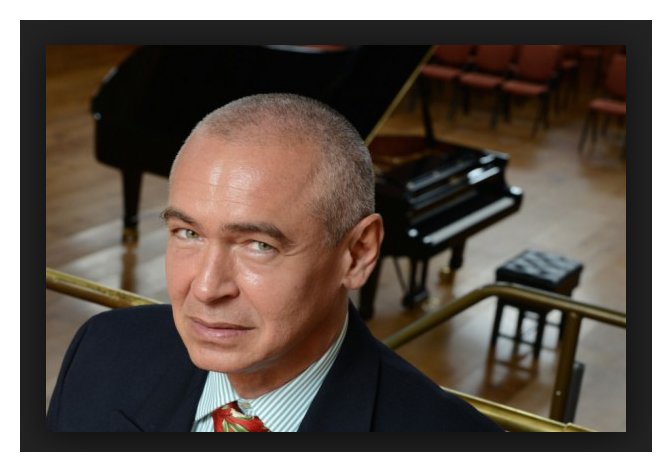
© 1999 Bruce Duffie
This conversation was recorded in Chicago on April 11, 1999.
Portions were broadcast on WNIB four months later. This transcription
was made in 2016, and posted on this website at that time.
To see a full list (with links) of interviews which have been transcribed and posted on this website, click here.
Award - winning broadcaster Bruce Duffie was with WNIB, Classical 97 in Chicago from 1975 until its final moment as a classical station in February of 2001. His interviews have also appeared in various magazines and journals since 1980, and he now continues his broadcast series on WNUR-FM, as well as on Contemporary Classical Internet Radio.
You are invited to visit his website for more information about his work, including selected transcripts of other interviews, plus a full list of his guests. He would also like to call your attention to the photos and information about his grandfather, who was a pioneer in the automotive field more than a century ago. You may also send him E-Mail with comments, questions and suggestions.